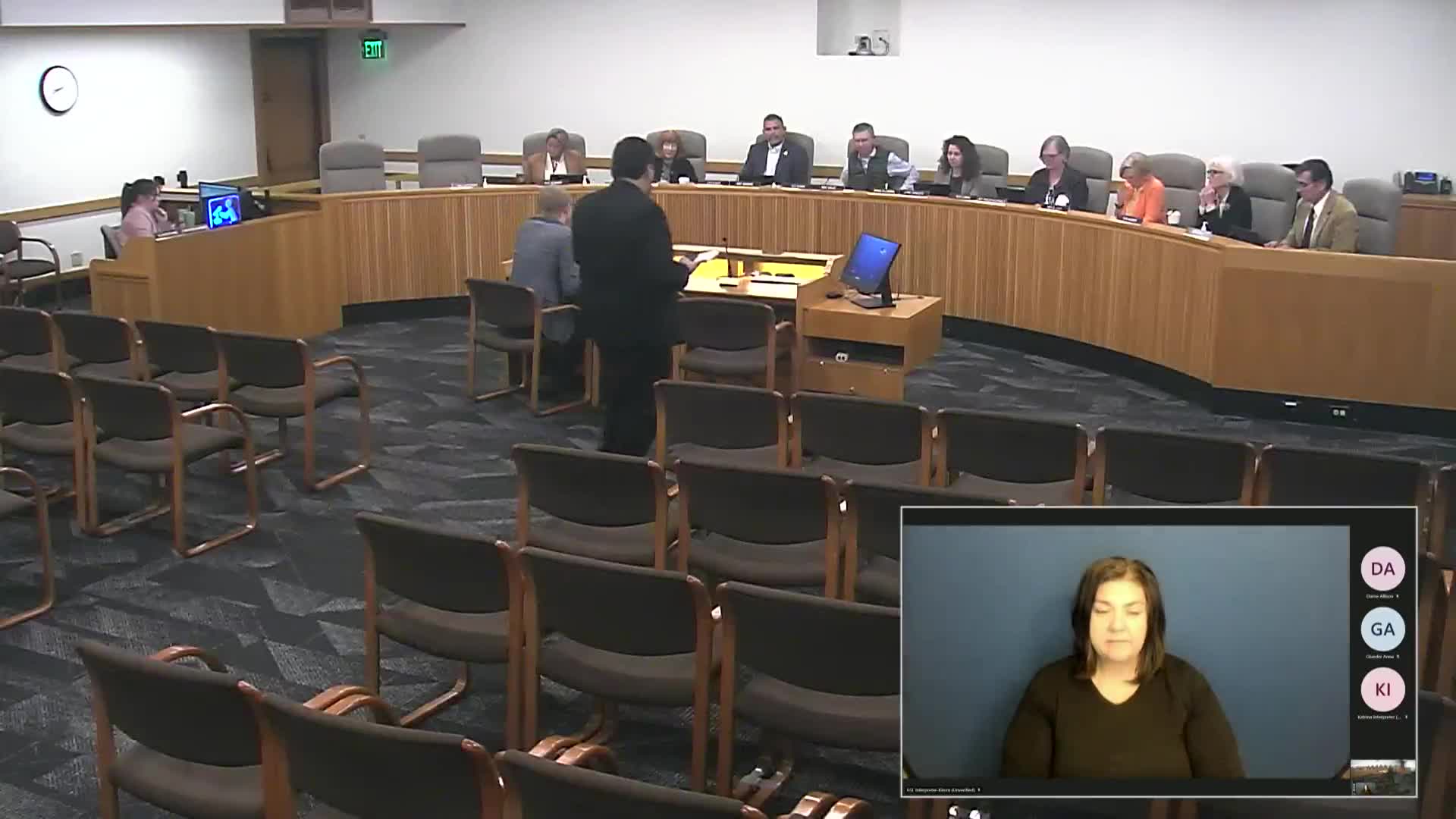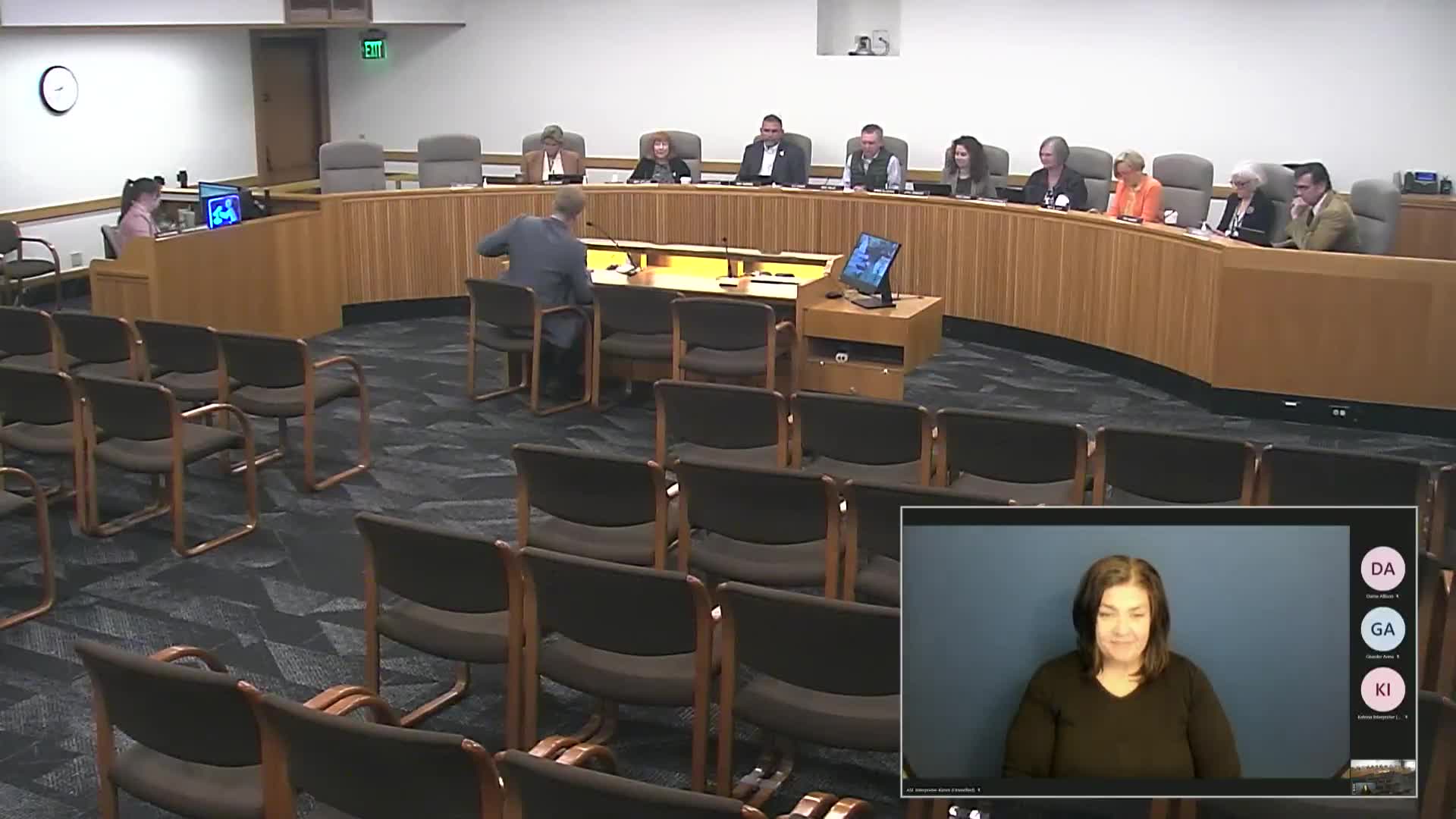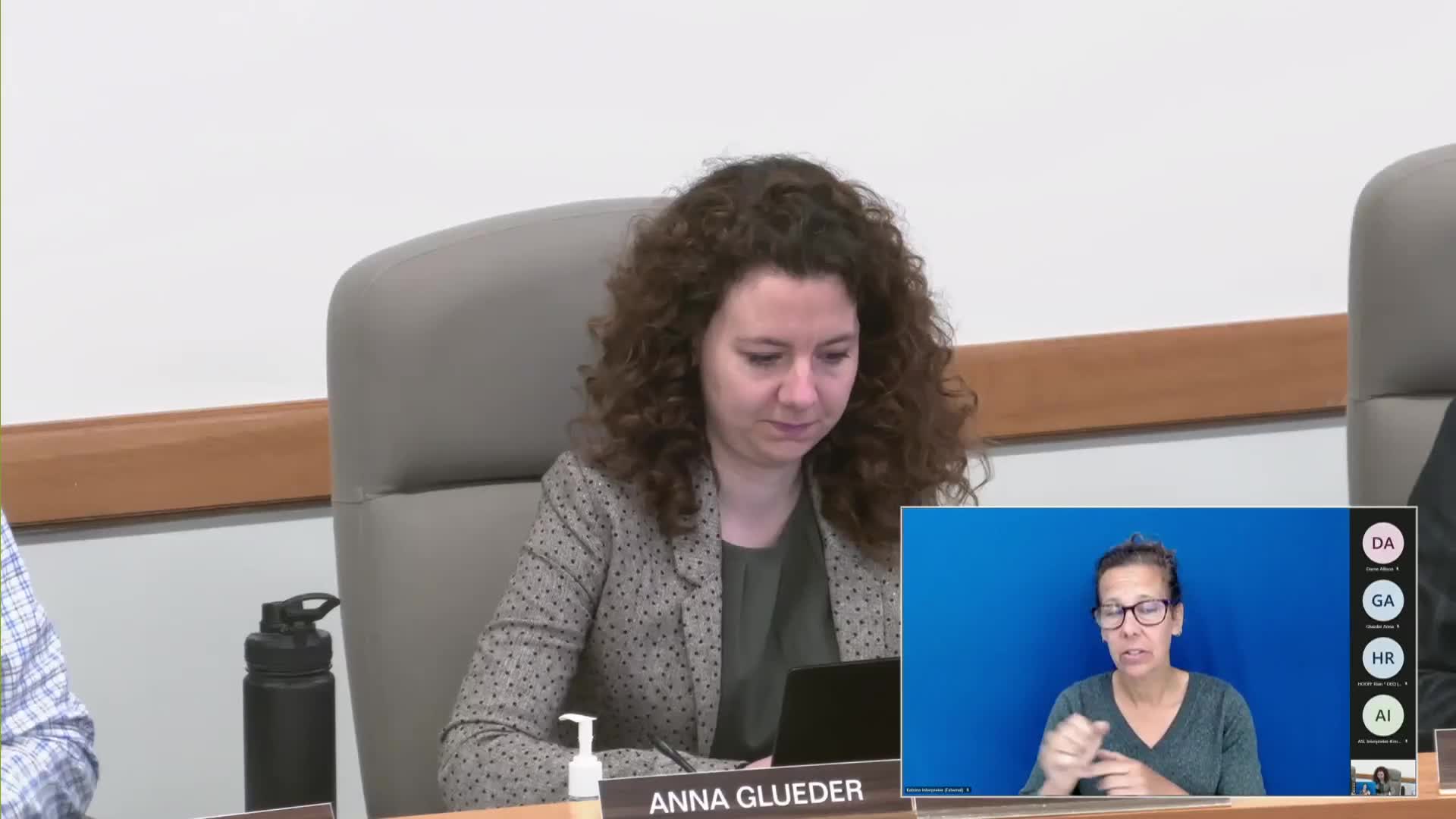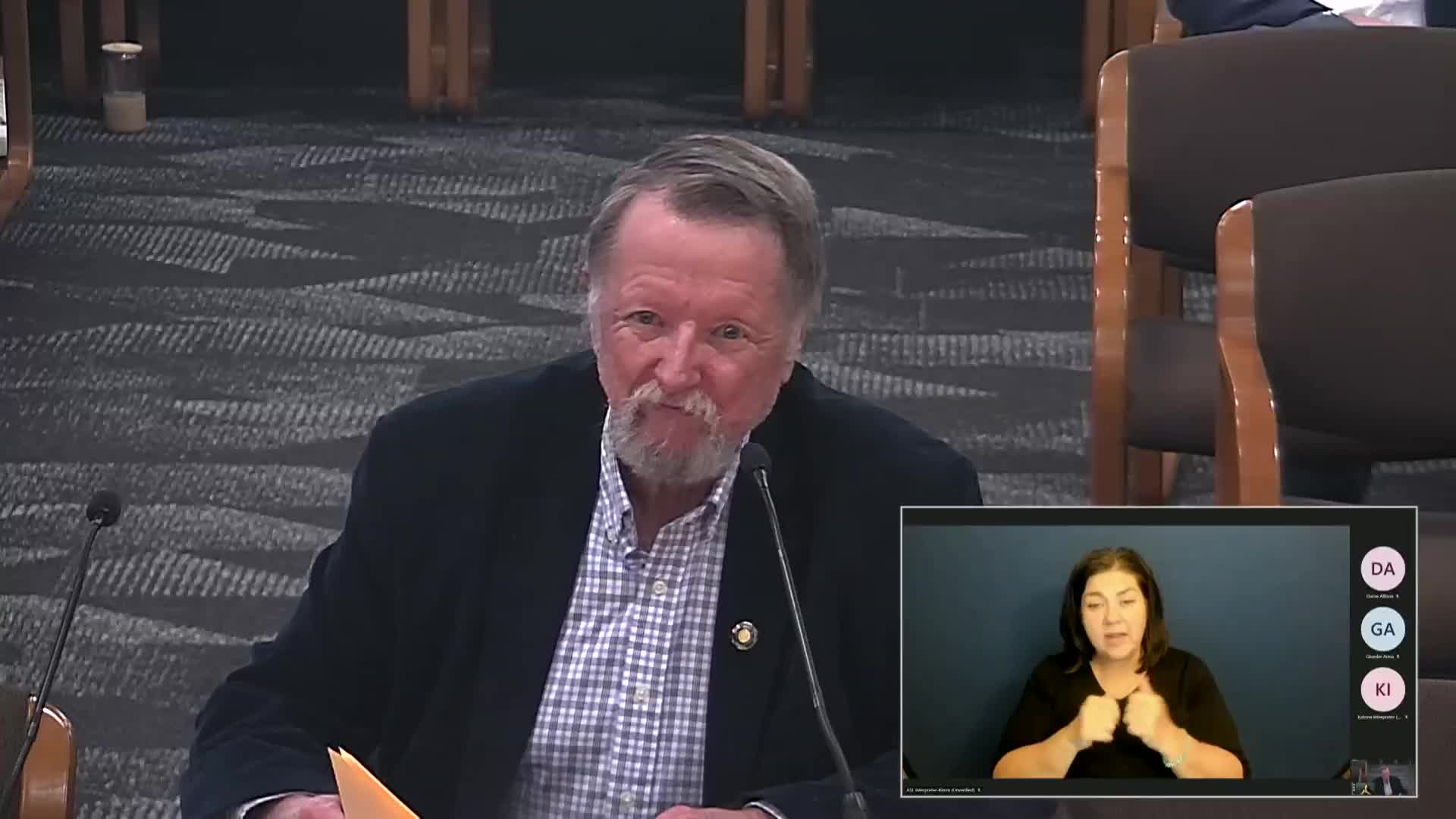Article not found
This article is no longer available. But don't worry—we've gathered other articles that discuss the same topic.

Committee told bill would update state fertilizer label rules to match 2024 AAFCO standards

Agriculture bill would add poultry authority to Oregon’s state meat inspection program

Committee reviews changes to speed removal of abandoned and derelict vessels

